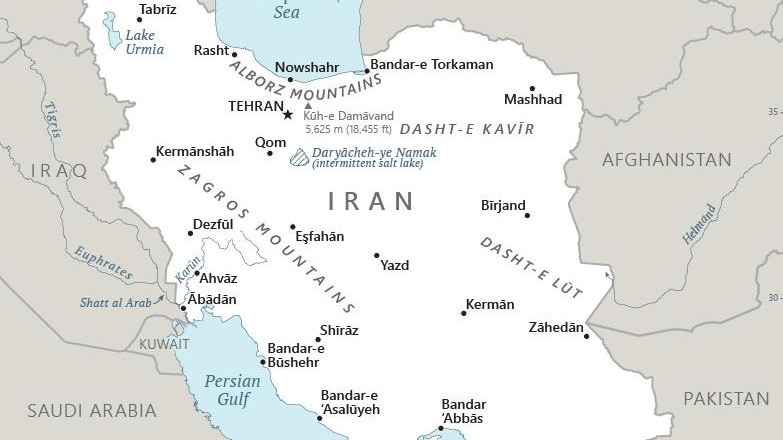The naked truth
On official statements, dress codes, and applying appropriate skepticism to self-serving pronouncements
The case of the female Iranian university student who defied both policy and policing by walking around in public in her underwear should draw the world's attention for at least two reasons.
■ The first is the case itself and what it says directly about the appalling condition of women's rights in Iran (though certainly elsewhere, too). That dress codes can lead to de facto death penalties anywhere should be an outrage. But in a country of nearly 90 million people, it represents malignant repression on a vast scale. "Woman, Life, Freedom" hasn't gotten its due hearing yet.
■ The second reason is how it serves as a vivid reminder that there is nothing magically truthful about "official" statements. Officially, the protester -- named in some reports as Ahoo Daryaei -- was taken to a "medical center" for treatment of "severe stress". Nobody should take that official statement at face value.
■ Taken too far, skepticism risks stumbling into cynicism or even nihilism. Those are dangers to be avoided. But failing to apply certain tests of reasonable doubt to the official pronouncements of any government leaves the audience open to manipulation.
■ No one should accept the claim at face value that Iran's government cares about the welfare of this individual student, neither in light of current law nor of the government's past behavior. Official channels can be abused, in governments both free and anti-free, especially because the ability to define truth is itself a valuable power. We should take care to witness what happens to the protester herself for her well-being, but we should also take care for our own sakes to remember that "official" and "true" should never be assumed to be synonyms.



